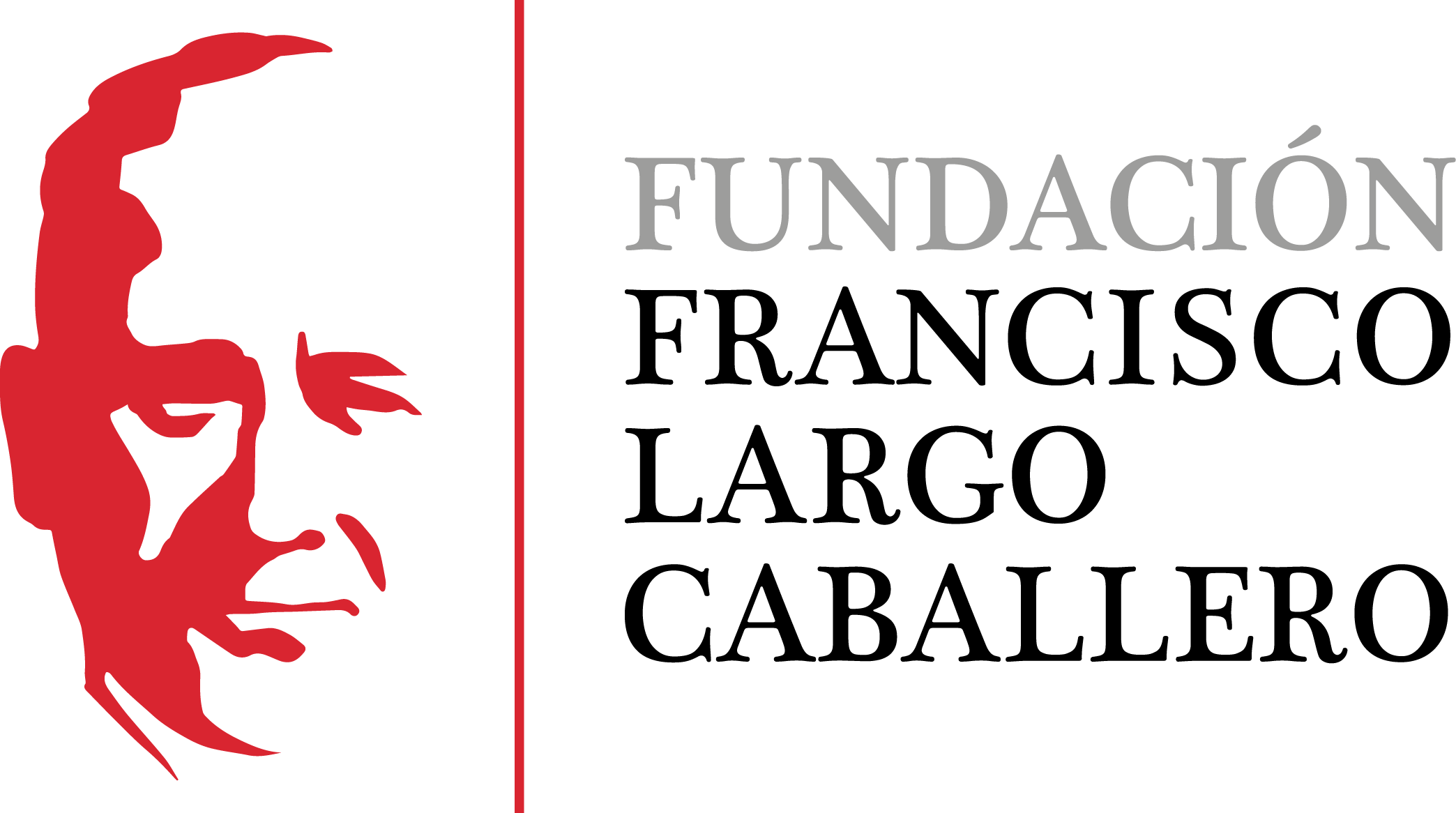The Argentinian Democracy and the Teleological Visions of Conceptual History
DOI:
https://doi.org/10.69791/rahc.191Keywords:
Conceptual History, Democracy, representative government, sovereignty, RepublicAbstract
The widespread and deep rejection of Democracy during the nineteenth century, and a large part of the twentieth, is one of the most disturbing and less studied issues in the history of Latin American politics. Although alarming, its meaning and origin does not seem to pose any questions worth pondering: it seems to reflect, in an obvious way, deep-seeded prejudices among the local elite classes, with more general social, cultural or historic roots. This perspective, based on a regulating and teleological view of history, has affected all subsequent investigation. The fact that the actors of the era questioned concepts like Democracy can only be attributed to a disgraceful error, a lack of understanding of the true concept with which the historian in question assures he is familiar. In the end, the political and intellectual history of the nineteenth century would amount to a long and disgraceful series of misunderstandings. In short, if we would like to discover the substantial meaning of these debates, it is essential to dismantle the teleological premises on which these meanings were, up to now, based. And this is precisely the point at which resorting to a conceptual view of history becomes unavoidable. As this text aims to prove, only a study of concepts would allow us to measure the profoundly dilemmatic nature of the issues the actors faced. And, this way, rescue the Latin American case from the description of a merely local anomaly, without any particular relevance for western political conceptual history.
Downloads
Global Statistics ℹ️
|
107
Views
|
37
Downloads
|
|
144
Total
|
|
Downloads
Published
How to Cite
Issue
Section
License
Copyright (c) 2011 Elías José Palti

This work is licensed under a Creative Commons Attribution 4.0 International License.
Alcores is an open-access journal. It provides unrestricted access to its content from the moment of publication. We respect intellectual property rights, and for this reason, the author retains the copyright. All content is distributed under a Creative Commons Attribution 4.0 International (CC BY 4.0) license. The terms of the license can be consulted at: https://creativecommons.org/licenses/by/4.0/
This license allows sharing (copying and redistributing the material in any medium or format) and adapting (remixing, transforming, and building upon the material for any purpose), provided that authorship and first publication in this journal are properly credited, a link to the license is included, and any changes made are indicated.
This type of license facilitates the freedom of reuse and ensures that the content of this journal can be used to meet research needs.









